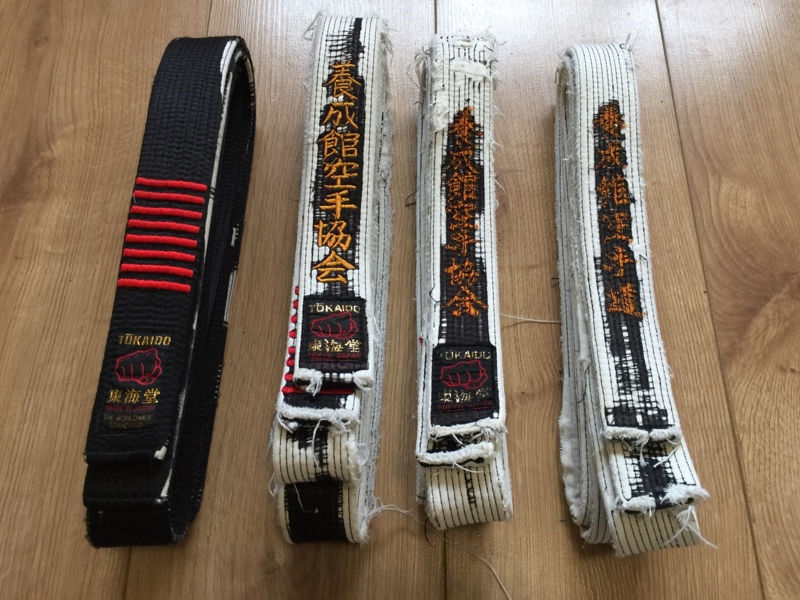Evolution of Karate: From Ancient Practice to Modern Sport
- Chris Clarry Shihan 8th Dan

- Nov 10, 2023
- 2 min read

History tells of the origins of the earliest forms of Karate technique dating back over thousands of years, to the Shao Lin monastery in China.
Students at the monastery endured very unique physical and mental training methods in order to develop their strength, endurance and perseverance so as to be able to follow the disciplined life as part of their religion.
These training methods eventually developed into what is now known as Shao Lin Fighting Art.
Eventually as their religion spread it found its way to the island of Okinawa, Japan, where it was first introduced as Chinese hand (Tode) and then blended with the indigenous fighting arts of the island until the Japanese feudal Lord Kagoshima banned the use of weapons thus was born the empty hand (Karate) making Okinawa the birthplace of Karate as we know it today.
As Karate found its way the mainland of Japan (1922) it yet again had gone through some evolving into a much more organised and conformed system of self defence by the late Master Funakoshi who is said to have been a professor at the Okinawa teachers college.
Funakoshi taught at various universities including at the Kodokan, the mecca of Judo,
he later in (1936) established Shotokan, a landmark in Japanese history.
From its humble beginnings Karate in its various forms has continued to evolve throughout the world,
some practicing it as a sport, using sporting competitions to develop the practitioner and some opting to stay with tradition and focus on traditional elements for developing the character,
either way no matter what style you practice, deep down all styles originated from the same source.
This is not a bad thing, everything needs to evolve or it gets left behind in history,
There is a saying in Japanese, : Kako o soncho shi, atarashi mono o sozo suru"
meaning, "Respect the past and create the new". our Master recognised this
Master once said, "There is no such thing as a bad style of Karate, just bad teachers"
"Seek out the good teachers".







Comments